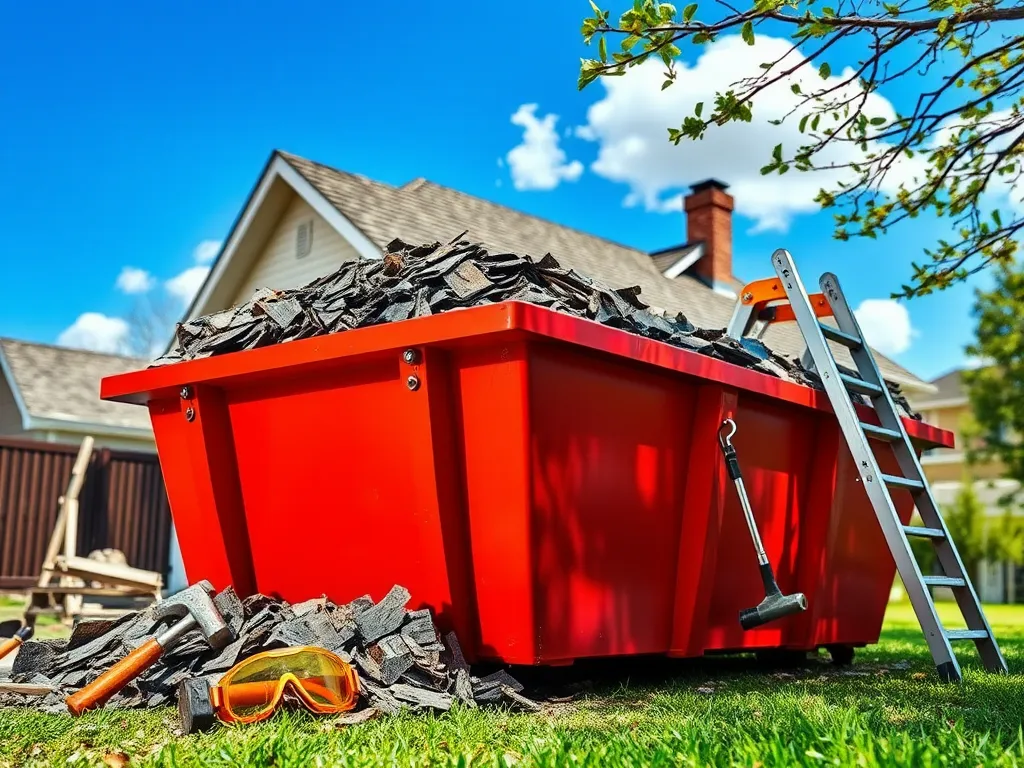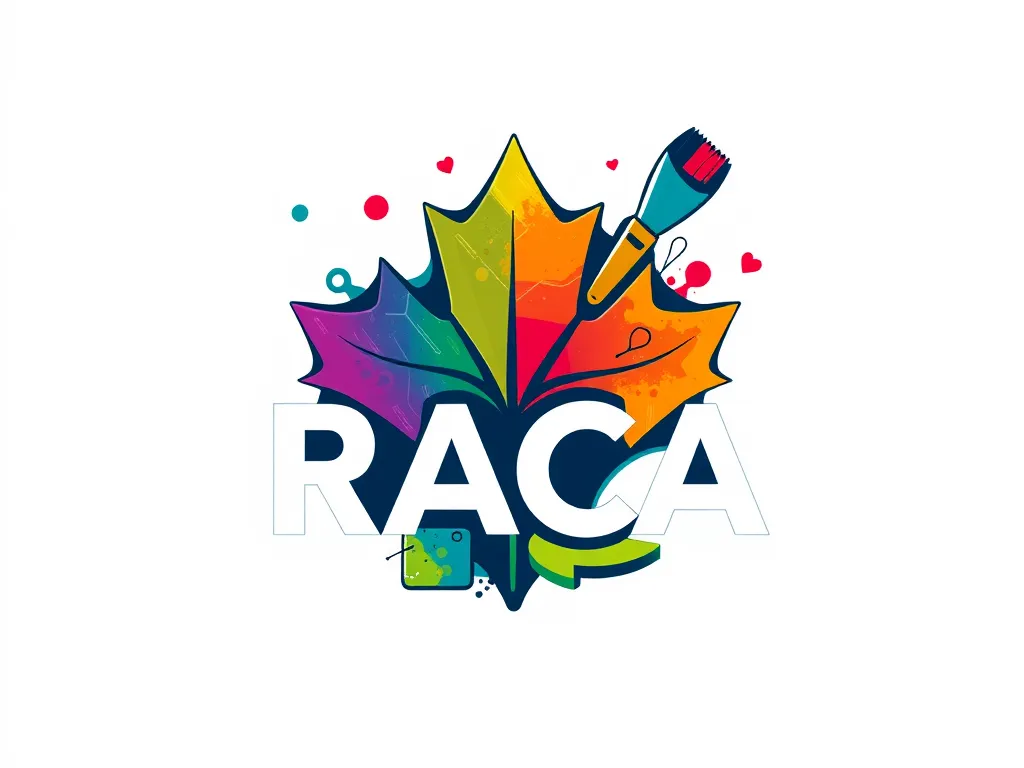Top Tips for Effective Dumpster Rental Roofing Projects

A Comprehensive Guide to Dumpster Rental for Roofing Projects
When undertaking a roofing project, one aspect that cannot be overlooked is waste management. Dumpster rental roofing provides an efficient solution for dealing with debris generated during roof repairs or replacements. Whether you're a homeowner or a contractor, understanding how dumpster rental can streamline your project is essential.
Additionally, an effective dumpster rental roofing service not only helps in decluttering your workspace but also ensures that you comply with local regulations regarding construction waste. Proper disposal of roofing materials contributes to environmental sustainability by facilitating recycling and reducing landfill overflow.
Roofing generates various types of waste, including old shingles, roofing felt, tar paper, and other debris. By opting for dumpster rental roofing, you'll have a designated space to dispose of all these materials, allowing your project to run smoothly and efficiently. It also minimizes safety hazards associated with scattered debris around the job site.
For detailed information regarding local regulations and resources, visit https://www.townofbabylonny.gov/FAQ.aspx?QID=851.
Choosing the right dumpster for your roofing project is crucial. The size and type of dumpster directly impact how effectively you can manage waste disposal. With several options available, it becomes necessary to evaluate your project needs to make an informed decision that will support your work without any interruptions.
In conclusion, dumpster rental roofing is an invaluable service for both DIY enthusiasts and professional contractors. Its convenience, efficiency, and compliance with waste management regulations ensure a successful roofing project from the start to finish.
Choosing a Dumpster for Roofing Projects
When it comes to choosing the right dumpster for roofing projects, understanding the available sizes is the first step. Dumpsters used for roofing tasks typically range from 10 to 40 cubic yards, with the size you need depending on the scale of your project. For minor repairs or smaller roofs, a 10 to 20 cubic yard dumpster may suffice, whereas larger projects like complete roof replacements often necessitate a 30 to 40 cubic yard dumpster.
Another essential factor to consider is the weight limit of the dumpster. Roofing materials like shingles can be quite heavy, and exceeding the weight limit can lead to additional fees. Manufacturers provide specifications regarding weight limits, so it's advisable to calculate the estimated weight of the debris to select a suitable dumpster that won't exceed these limits.
Finally, consider the rental duration based on your roofing needs. Most dumpster rental companies offer flexible rental terms, but planning ahead can ensure you have the dumpster for the necessary time frame. If your roofing project is expected to take longer than anticipated, it’s wise to discuss options for extending the rental period to avoid additional hassles.
Best Practices for Roofing Waste Disposal
One of the best practices for roofing waste disposal is sorting materials for recycling. Many roofing materials can be recycled, including shingles, metals, and certain types of insulation. By separating recyclable materials from general waste, you contribute positively to environmental conservation while potentially lowering disposal costs.
Another effective approach is to minimize job site waste from the outset. This strategy includes carefully planning the roofing project and accurately estimating the materials needed. By reducing excess materials and carefully managing on-site practices, you can significantly cut down the amount of waste generated.
Lastly, be aware of legal regulations regarding roofing waste disposal in your area. Local laws may dictate how certain materials are to be disposed of, and failing to comply can result in fines. Always check with relevant authorities or consult your dumpster rental company for guidance on legal requirements concerning roofing materials disposal.
Cost Factors in Dumpster Rental for Roofing
When comparing rates for roofing dumpster rental, it's essential to consider various factors. Prices can vary based on dumpster size, rental duration, and your location. Obtaining quotes from multiple rental companies will help you find the best option that fits your budget without compromising on quality of service.
The weight of the truckload can also affect the cost of dumpster rental. Each type of debris has a different weight, and exceeding the assigned weight limit can incur additional fees. To avoid surprises, it's advisable to accurately estimate the weight of the materials you'll be disposing of before renting a dumpster.
Be mindful of hidden fees in dumpster rental contracts. In some cases, companies might impose charges for fuel, environmental fees, or overage costs. Reading the contract thoroughly and discussing possible hidden fees with the rental company ensures transparency and saves you from unexpected expenses during your roofing project.
Types of Dumpsters for Roofing Projects
When selecting a dumpster for roofing projects, you'll typically choose between roll-off dumpsters and front-load dumpsters. Roll-off dumpsters are the most common choice for roofing projects, as they can hold an extensive amount of debris and be placed directly on the job site. Front-load dumpsters, on the other hand, are more suitable for ongoing projects where frequent waste disposal is needed, like in commercial settings.
Specialty dumpsters may also be available for specific roofing materials such as shingles and tiles. These dumpsters often have features designed for easy loading and unloading of heavier materials, ensuring safe and efficient waste management during roofing tasks.
Choosing the appropriate dumpster based on your project scale is crucial. For minor residential projects, a smaller dumpster might suffice, while significant commercial roofing jobs require larger dumpsters. Always assess the amount of waste your project is likely to generate before making a selection.
Scheduling and Managing Delivery of Dumpsters
Timing delivery for roofing efficiency is essential. Arranging for the dumpster to be delivered on the first day of the roofing project ensures that you have an immediate place to dispose of debris as it is generated. This prevents delays and helps maintain a clean workspace throughout the project.
Managing pick-up schedules with contractors is another important aspect. Contractors should coordinate their job schedules with dumpster pick-up to ensure their work is not interrupted. Clear communication is vital in ensuring that the dumpster is picked up promptly once it's filled, helping avoid unnecessary clutter on-site.
Maintaining communication with dumpster rental companies is key to a successful project. Inform the company about any changes in the project schedule or if you anticipate needing additional services. Open communication helps the rental company provide excellent service and ensures that your dumpster needs are met.
